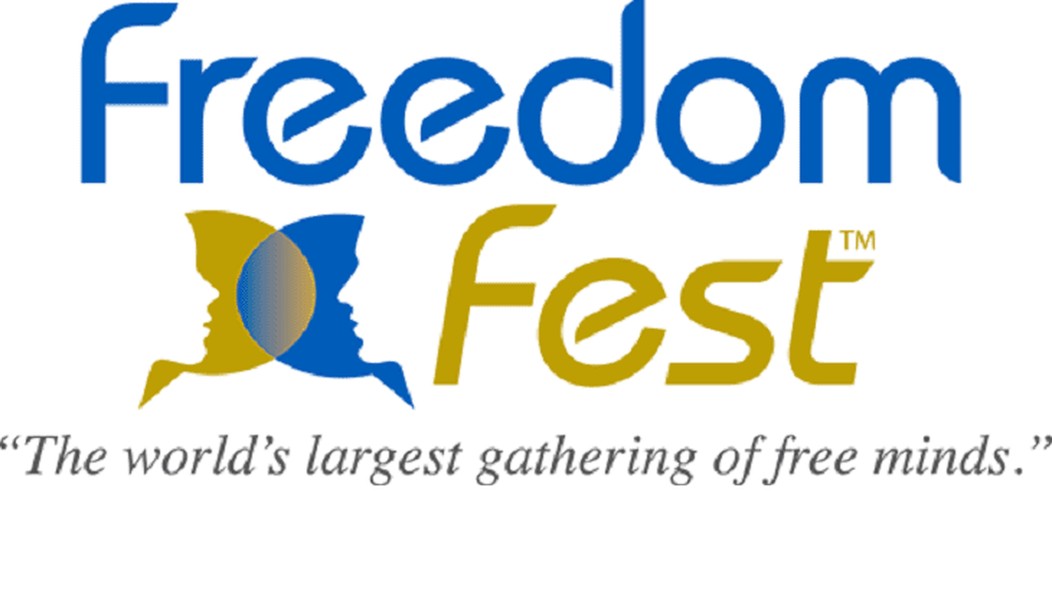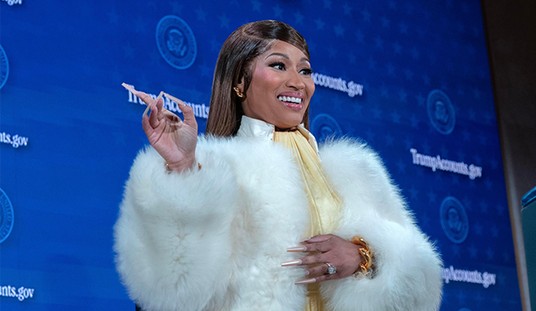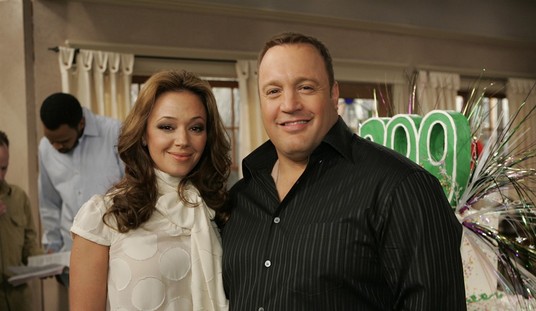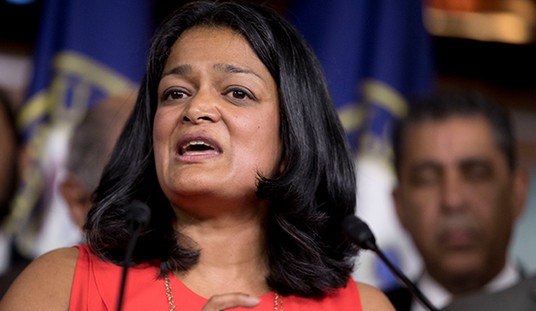FreedomFest 2021: The Bipartisan Hoax
This is the sixth in a series of articles from FreedomFest 2021, an annual libertarian-oriented conference hosted by Dr. Mark Skousen, an economist and Presidential Fellow at Chapman University in California. This article covers a panel discussion on bipartisanship in Washington, DC, and whether the two major parties really care about working together to solve problems. The panel included Jo Jorgensen (2020 Libertarian Party presidential candidate), John Fund (National Review’s national-affairs reporter), James Lucier (managing director, Capital Alpha), and moderator Grover Nordquist (president of Americans for Tax Reform).
Nordquist: Republicans and Democrats combine their pet projects together through “compromise” which results in gargantuan government. This is the mess we are in. The latest “thing” is the current infrastructure bill.
Lucier: the first vote failed on Wednesday. There will be a lot of “stuff” in that infrastructure bill that isn’t infrastructure.
Nordquist: is election reform ever bipartisan?
Fund: a bipartisan bill (Help America Vote Act – Chris Dodd was a sponsor). Since then, election integrity is completely polarized and partisan. The Democrats were greatly concerned when they lost Congress in 2010 and realized that the Tea Party was an existential threat, so they used the IRS to go after them. Then also decided that maybe they weren’t the majority party and stooped to things like ballot harvesting to guarantee Democrat elections. It’s all about seizing and maintaining power now. What Republicans are doing at the state level is returning the playing field to what existed before the pandemic. There are lots of examples of Republican voter fraud (in past Republican-run cities), however, all big cities are run by Democrats now (which is where the fraud is). Election integrity is a crisis of confidence in our government. People don’t think their votes matter.
Jorgensen: the biggest problem is that we don’t have two parties – we have two wings of the same party. What Libertarians do is take the best of both parties and combine it. I can’t say that today. Republicans have become nearly as big spenders as the Democrats are. The Democrats used to be anti-war; now they are perpetual war advocates in the Middle East.
Nordquist: how does a third party wedge its way into the political debate?
Jorgensen: I like it when the parties don’t agree because then we get genuine debate of the differences. That’s when we can help shape the debate. And besides, gridlock isn’t a bad thing.
Fund: the only bill Obama ever sponsored while in the Senate was a government transparency bill. Jerry Nadler (D-NY) suddenly in 2010 railed against gerrymandering, which the Democrats previously loved. The Democrats and Republicans constantly flip sides on issues; there is no consistency. We are letting Congress decide who the voters should be when the voters should decide who Congress should be.
Jorgensen: cultural issues have been moving in the direction of libertarian ideology, e.g., homosexual marriage. While blacks vote Democrat overwhelming in general elections, when they vote in referendums to pick specific issues/topics, they vote conservative.
Lucier: Democrats and Republicans vote on money issues (big $$) but not on people and issues. That should be the Libertarian Party niche.
Nordquist: is there a bipartisan consensus on keeping Libertarians off the ballot and out of the debates?
Jorgensen: of course there is. They come up with poll number requirements just high enough that Libertarian Party (or other third party) candidates don’t qualify for the ballot or the debates.
Fund: the Presidential Commission on Debates is rigged by the private entities that are the Democrat and Republican Parties. There is a bipartisan conspiracy to cement the two-party system in place.
Jorgensen: that commission is a privately funded entity that is opaque to the public. If we could ever get on the debate stage, people would finally hear our message (which would resonate with many people).
Nordquist: is ranked-choice voting an improvement or a bad thing?
Jorgensen: an improvement; I support it.
Fund: if you can’t explain election reform in 25 words, it is a bad idea. It’s complicated. It’s a problem when someone that gets the most votes doesn’t win. Also, how many people go to the trouble of ranking candidates? The trial run in NYC failed. The political activists spend the time ranking the voters, but the average voter only votes for whomever they like best. The real problem with politics is that our country was founded as a nonpolitical country in which politics is only the focus during election campaigns. Less political than Old Europe. CRT is politics based on racism 24×7; that’s not American.
Nordquist: what about term limits? Has the movement petered out? Does it have any impact when state measures are passed?
Fund: states that have term limits have had some impact on the political class. The political class is dead set against term limits because it takes away their power, ultimately. Lobbyists hate term limits, too, because that impedes their pay-for-play bribery. The staff hate them, too, because they become more powerful over time when serving long-time elected members. We lost the term limits decision in the Supreme Court in 1995 because of Anthony Kennedy. The political class claimed it would be too “disruptive.” If the vote was held today, it would be another 5-4 vote, but this time in favor of term limits. Remember, it was public pressure the changed the system to directly elect US senators. Similar pressure is needed to implement term limits.
Nordquist: how does the Libertarian Party influence Congress?
Jorgensen: homosexual marriage is a case in point. For example, both The One and Shrillary were once against that issue. Medical marijuana is another. Criminal justice reform is a third example.
Cvrk question: how do constitutional conservatives and libertarians break through the leftwing wall of the media?
Fund: the next time we get an updated Telecommunications Act, we’ll get a freer internet. The media love and support power.
Lucier: the power of the internet is working the wrong way. The media crowds everything else out.
Nordquist: this is a much more open media world than it used to be in terms of more media choices. It used to be only three networks parroting the same information. By no means perfect, but much better, particularly thanks to conservative talk radio.
The end.














